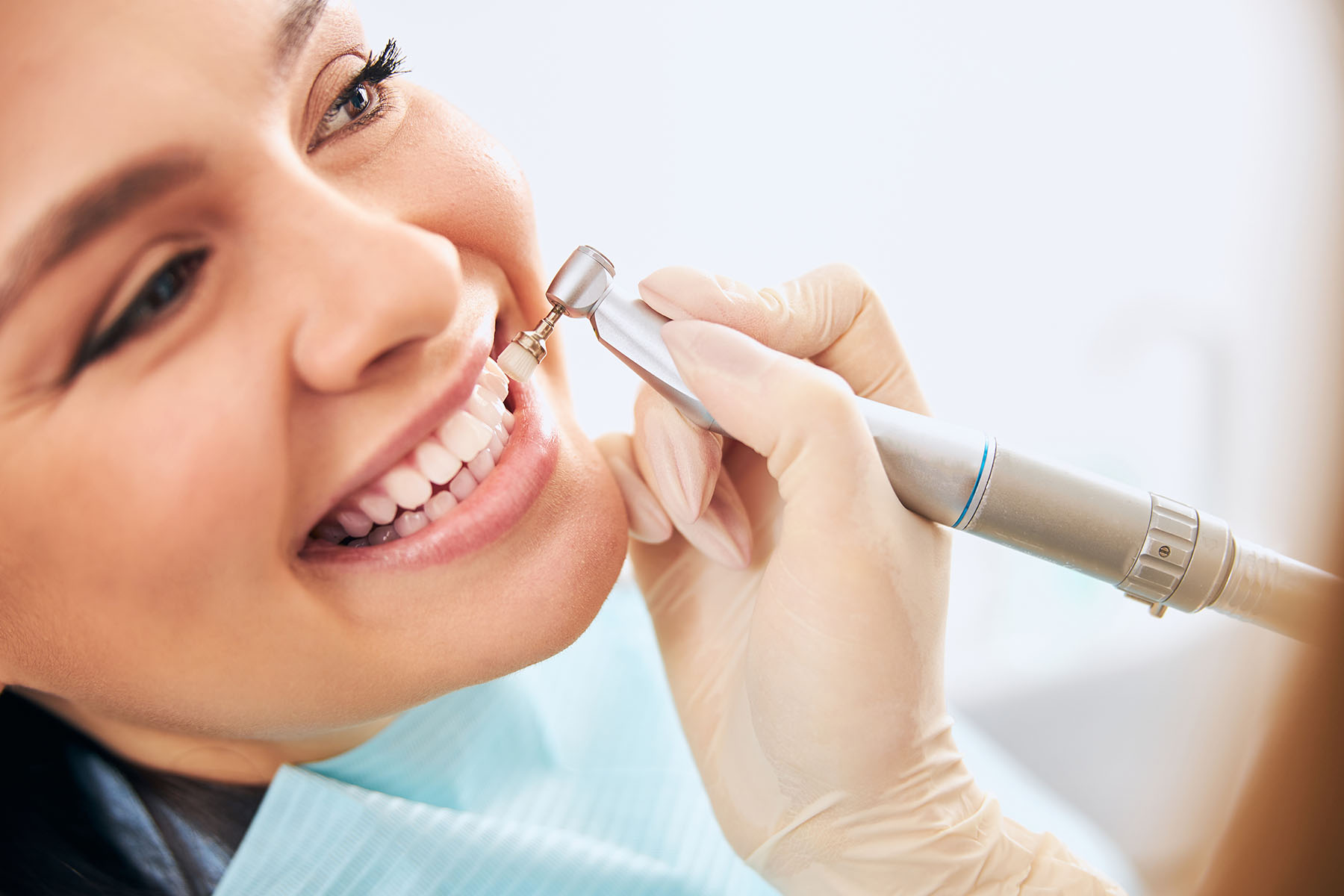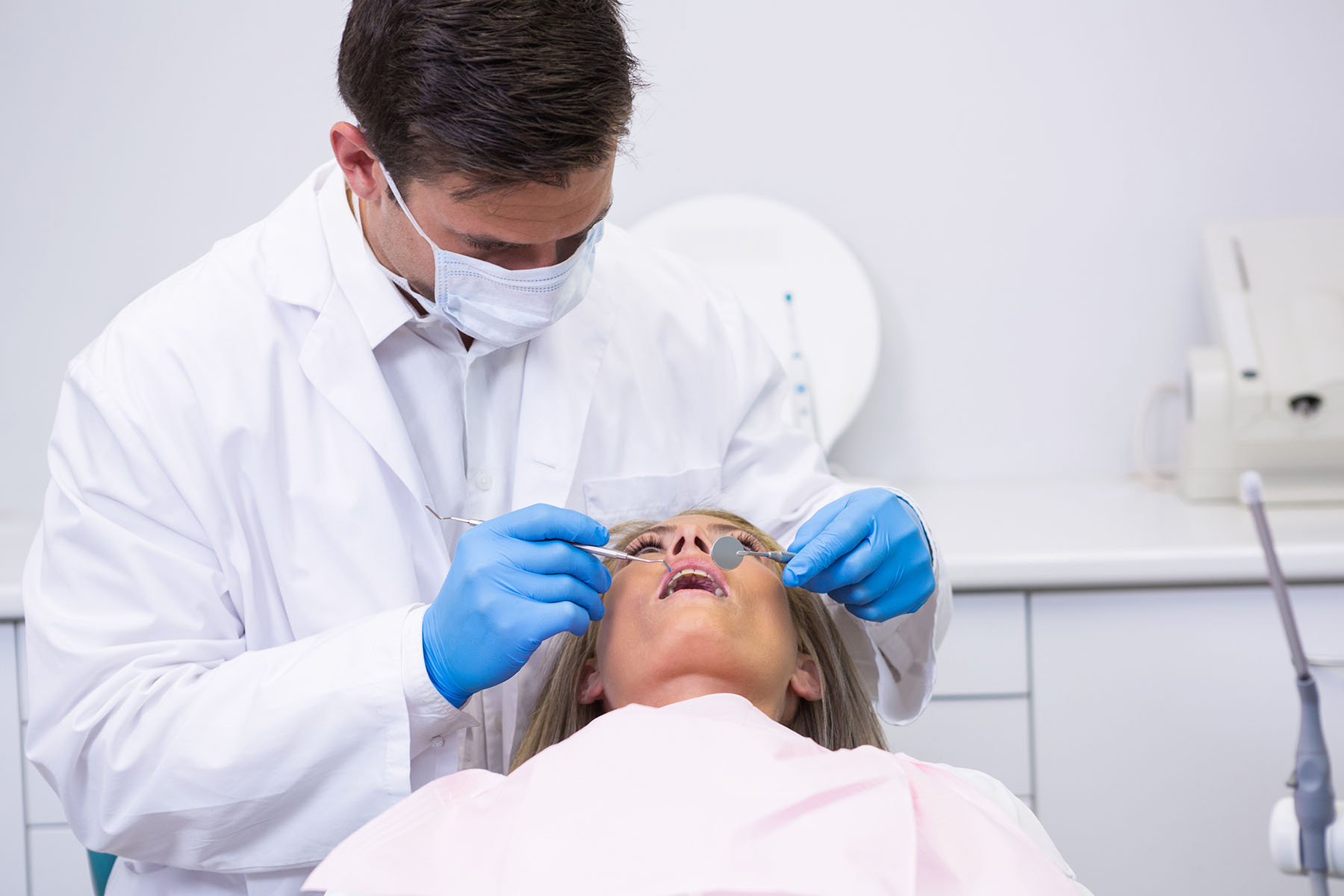
Professional teeth cleaning, all the while a necessary and safe procedure, is not without side effects. A lot of people who are not well acquainted with the treatment hold a prejudice against it, thinking it is bad for them and it will scrape the enamel off their pearly whites. However, that couldn’t be farther from the truth.
The best way to relax your mind is to get all the facts. So, without further ado, here are the most common side effects after teeth cleaning. And don’t forget that asking your dentist questions about it is anything but embarrassing. In fact, if you do that, you will gain vital insights into good oral hygiene techniques, so you can practice better dental care. Let’s get started.
Professional Teeth Cleaning Side Effects

Before you step into the dental office, remember that teeth scaling and root planing is a dental procedure after all. It’s not the same as removing tooth decay. Here is what to expect afterwards:
Slight swelling and sore gums
This is by far one of the most common side effects of teeth cleaning. For one, the device that is designed to deal with the food and bacterial deposits scrapes against the tooth surface and gums, thereby irritating them. You will begin to feel the swelling once the local anaesthetic leaves your system (if your dentist is using any during the treatment, that is).
If you have a calculus layer below the gum line, that’s going to be even more external stimuli, more pressure, and eventually more soreness and discomfort as you head out of your appointment. Prior gum health is, in a way, going to determine how you feel after the teeth cleaning procedure. The technician can give you further advice on that.
Sensitive teeth and discomfort/pain
If you accumulated plaque and calculus deposits in bulks, they will be more difficult to remove, which means the entire process takes longer to complete; therefore you will be exposed to the dental equipment for a longer period. Besides, when the layer of tartar is eliminated, this leaves the surfaces exposed to other food particles and air in the future.
Hence, it is likely that your pearly whites grow sensitive in the days after the treatment, and the intensity will vary from one patient to the next, depending on the calculus amounts you encounter. Some people might even feel pain in the treated area. That said, if the pain becomes unbearable and does not resolve after a day or two, make a call to your dentist to check if something is amiss with your teeth.
Small gaps between your teeth
When you go through a deep cleaning procedure, you may notice there is more space now between your teeth. Plus, tiny gaps may be visible (not to be confused with periodontal pockets) that will persist for a few days. Don’t worry, they won’t bother you forever.
Also, if you have more calculus below the gum line rather than the tooth surfaces, this will create more irritation and bigger gaps, prolonging the time it takes for your body to tackle it. You may notice that the gums have slightly pulled away from your teeth. Worry not. Once they heal, they will go back to normal.
Bleeding after deep dental cleaning
Although it happens rarely, sometimes there may be slight bleeding from your gums after a dental deep cleaning session 1. You will feel a metallic taste in your mouth and you may even see redness in your saliva. This is more likely to occur when you delay teeth cleaning and root planing for a long time.
If you already have (severe) periodontitis, then bleeding will be anticipated and your dental care expert will give you further instructions on your aftercare.
Can deep teeth cleaning cause infection?
Very rarely the process of deep teeth cleaning may lead to infection. When the gum scaling procedure is being carried out, the gums can bleed slightly. This allows bacteria from the mouth to escape into the bloodstream and reach the heart or lungs. For this reason, cardiologists usually advise that people with heart problems take some antibiotics pre- and post-treatment as a preventative measure. 2
Do you need antibiotics after deep cleaning teeth?
If you have gum disease (gingivitis or periodontal disease), you may be prescribed antibiotic treatment. It will hinder infection and fight any existing dental problems. Deep cleaning is more intense than dental cleaning, so it may call for additional steps. The treatment plan is individual.
How to Address the Side Effects of Teeth Cleaning Procedure

If you want to help your teeth and gums quickly recuperate after the dental treatment, there are several things to do to curb teeth cleaning side effects.
- To speed up gap healing, you can rinse warm salt-water solution, which will also prevent bacteria from going rampant. In a day or two, you will notice a difference. For some people, it may take longer for the spaces to fill. It will be dictated by the extent of tartar and food deposits you accumulated.
- The same goes for mouthwash. Professionals recommend antimicrobial mouthwash for this purpose. Needless to say, you should use such products every day, not just after deep cleaning teeth. It is a great way of keeping the gum disease-causing bacteria at bay, which can space out your dental appointments.
- It is advisable that you opt for a desensitizing toothpaste the first week or two following teeth scaling. Such kinds of toothpaste help tremendously with your teeth sensitivity and dental care. Don’t forget that you still need to maintain good oral hygiene (meaning you ought to brush your teeth properly and, well, regularly).
- To make the process more bearable, opt for soft foods for the next 48 hours following deep cleaning. Steer clear of crunchy foods and snacks.
- Use cold compresses around the swollen gums if you feel like it. It will minimise the side effects.
- To alleviate pain and discomfort, switch to over-the-counter pain killers or consult your dental hygienist on the best medication to get.
- And finally, avoid smoking for a few days after deep cleaning your teeth so as not to hamper healing and so as not to introduce more bacteria to the gums before they have grown back.
Can professional teeth cleaning damage your teeth and impact oral health?
A lot of people are asking: “Can teeth break during deep cleaning?” And the answer is: no. Dental deep cleaning has no detrimental effect on the teeth and gums. It removes buildup of plaque and bacteria in a safe way without putting your enamel at risk. Plus, it fixes your bad breath.
In reality, if you don’t have cleanings every now and then, you run a higher risk of inflammation and gum disease.
There may be cases where the ultrasonic devices employed for the procedure may add to the problem 3. This is usually due to cracks in the enamel. The dentist needs to evaluate the condition and decide the best course of action. Other than that, you should be fine.
Truth be told, teeth cleaning is an essential part of maintaining good oral health and should be performed as often as necessary to prevent gum diseases. The frequency of sessions needed varies among patients.







